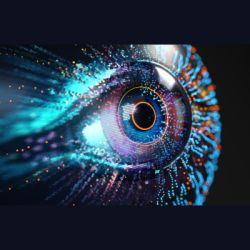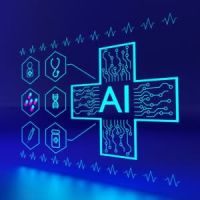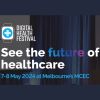A group of researchers at NYU Grossman School of Medicine led a study to demonstrate how AI successfully identified indications of mental stress in healthcare professionals. This research offers promising prospects for the future of AI-driven mental health screening initiatives.
The research involved a case-control study including 820 healthcare professionals, involving physicians, nurses, and emergency medical staff and 820 non-HCW matched controls. During the first wave of the COVID-19 pandemic, they received digitally delivered psychotherapy.
The transcripts were studied using NLP methods during the first three weeks of treatment. The results showed notable variations in the prevalence of healthcare-related topics between healthcare worker (HCW) and control cohorts, and these variations were linked to moderate to severe anxiety and depression.
The study revealed that there were four distinct conversation themes found in the transcripts involving healthcare workers. These themes were linked to virus-related fears, working on the hospital floor and ICU units, patients and masks, and healthcare roles. Whereas the control group only mentioned one topic about the pandemic and one related to their jobs.
Although the increased risk of anxiety and depression in healthcare workers discussing their experiences was relatively low, at 3.6%, it is anticipated that the model's ability to identify distress will enhance as additional data is collected.
In addition to the potential stressors encountered by healthcare workers during the COVID-19 pandemic, this discovery aligns with previous research indicating that work-related stress is nearly twice as common among healthcare workers compared to professionals in other sectors.
Study senior author and psychiatrist, Naomi Simon, MD, a professor in the Department of Psychiatry at NYU Langone, said, “These results suggest that natural language processing may one day become an effective screening tool for detecting and tracking anxiety and depression symptoms”.
Another potential future direction for using this approach is to provide healthcare workers a method for recording themselves answering questions. NLP algorithms could calculate risk for mental conditions including depression or anxiety disorders. Healthcare workers using the tool would then receive the necessary feedback to help them decide on whether to seek help.
Source: JMIR
Image Credit: iStock



























